Dear Reader,
As of today, I have spent the last 6 years of my life working with students in a mentoring or teaching capacity. I love it – but what I can tell you with honesty and absolute certainty, is that I have never worked in a class (truly not a single class), group or mentoring setting, where the entire class was been entirely devoid of negative self-talk. This is true across all of the age groups I have worked with, in every part of the country I have lived, encompassing every walk of life. What this tells me is that we have a wide-spread epidemic of self-doubt.
I have worked with bright, capable student leaders who are apathetic about their future, because they don’t think they are enough ‘this or that’ to make their vision succeed. I have worked with children, already conditioned to be believe they cannot do what the rest of us know they can. Looking at our media and society, it shouldn’t be a wonder where kids (and adults alike) are getting these messages. With mudslinging politics, aggressive body shaming (as most recently seen post Superbowl about Lady Gaga’s supposed belly), and an emphasis on always being the best, and doing the best, and having the most, as is highly promoted via basically every social media outlet, these messages of ‘not enough’ are everywhere.
What we know about self-esteem, is that having it leads to healthier relationships, better grades, and more success in whatever it is one is trying to accomplish. Likewise, we know that self-doubt generally results in lower self-perception, the belief that one is not as good or worthy, and less success.
As a substitute teacher, I give rules at the beginning of each class. If my expectations aren’t set early, it is much harder for the class and I to succeed together. As a person who works part-time in education, I believe in the power of knowledge, the power of creativity, the power of empathy, and the power of multidimensional kindness. After years of witnessing the epidemic of self-doubt in students, I developed 4 rules that take it back to basics. I may only spend an hour with your kids, but I want it to be a valuable hour.
These are my rules
‘Rule Number One:
No cellphones. I don’t care what is happening on your Facebook, your Instagram, your Twitter, your Snapchat, via text, via email, or any other app or form of communication I have aged out of. I don’t like that my generation, like your generation, can’t go more than five minutes without checking their phone, so we won’t be doing that here. If you feel the need to socialize in the next hour, so long as you get your work done, you are welcome to talk to me, to your neighbor, heck you can talk to the wall…but right now we are going to be fully present here.
When I was your age I gave my teachers a run for their money, so if you think you are being clever by hiding your phone in your book, your backpack, your lap, your pocket, inside of your desk, or think that going to the bathroom is code for texting break, please know that I was pulling those tricks long before any of you even had a cellphone, and chances are I am still trying to pull those tricks in meetings I attend, so you aren’t being clever. If I see your phone I will have to take it away and I don’t want to do that because I want to be the cool sub, and I don’t get to be the cool sub if I have to take your phone away. Cool?
Rule Number Two:
You will be nice to each other in this class. That means I don’t want to hear anything like, ‘you are weird, you are fat, you are ugly, you are dumb or stupid, you are smelly, you are a banana face (as my kindergarteners like to say to each other).’ You never know what your neighbor is dealing with at home, at school, with friends, with sports, in their direct social environment, and you do not know if that is how they actually feel about themselves. At any given point we only know about 10% of what our neighbors are feeling or going through and because of this we will not exacerbate problems that we do not know about, by saying unkind things even in a joking manner. The conditions in which we learn is very important to our education, and while I am here this is a safe space, and safe spaces start with kind language. You are free to joke around and be silly, to ask questions, to try to make sense of what we are learning by engaging with one another, but you are not free to be unkind.
If I hear you speaking to or treating each other unkindly, I will kindly ask you to say something nice to the person who you were just unkind too. Our society needs to do better at being kind and considerate to one another, needs to do better at remembering we belong to each other, and that starts here. Got it?
Rule Number Three:
You will be nice to yourself in this classroom. That means I don’t want to hear, ‘I am weird, I am smelly, I can’t do this, I am fat, I am ugly, I am stupid or incapable, nobody likes me.’ I know this seems like a ridiculous rule, but I have yet to teach a class where a student doesn’t break themselves down. I believe there are too many messages in our society telling us that we are not pretty enough, not smart enough, not strong enough, not capable enough, not good enough, simply not enough, to accomplish whatever it is we set our minds too. I don’t like those messages. They are false. Those are not messages of empowerment, and you my dear students, with knowledge, you are powerful beyond measure. While I am your teacher we will not reinforce messages of weakness or isolation or incapability in ourselves. We will enforce messages that we are good, that we are kind, that our imperfections are beautiful and a sign that we are trying, messages that tells ourselves that we can, because this is a safe place for you to learn…and because I know you can.
If I hear you speaking unkindly to yourself I will ask you to tell me something you are good at, or something you love about yourself. If you do not like that option you are welcome to visit me at my temporary desk and I will be happy to tell you all about how you are smart, and you are kind, and you are important, and why you will make a difference in this world whether you like it or not. Got it?
Rule Number Four:
Today you love to learn. I don’t care if you don’t like this subject, this classroom, this school, these rules, or me for that matter, even though I do hope you like me; today you love to learn. You love to learn because it is a privilege, and it is this privilege that gives you power. True power does not come from strength or wit, from beauty or money, but from knowledge, and that is what you are being given today. Whether you like what we are learning today or not, you will do your work to the best of your ability, because it is very important that you learn how to learn, so that you can become whatever version of yourself it is you want to be. If you don’t like this subject, do your work to the best of your ability so that one day, you never have to touch it again. If you love this subject, you will do it to the best of your ability so that you can go on to further study this subject. The privilege of learning will allow you to see and understand the world better. The more you know, the deeper you have the capacity to understand, the better steward you will be to this earth, to other people, and to yourself. The world has infinitely more opportunities with the more you know, and the world, with its rich history and vast confusion, makes a lot more sense with insight. And truly, this world needs you. It needs you to help witness it and care for it and propel it forward. This is the opportunity you are being given today, and you will act like you love it. If school really isn’t your thing, that’s okay too, you still belong here. I want you to do your very best because I believe that we can work hard, even in the areas that we struggle.’
I can give this speech and have my students diligently at work in under 5 minutes. I make a point to deliver the rules in a fun & upbeat way…by the end of these rules most of my students and I are laughing together. I have given this speech so many times, to so many students, that I have students who can recite these rules almost verbatim back to me. It is always funny to see them do it, because their voices get high, and sometimes they like to deliver it on their knees, teasing me for only being 5 feet tall. Rarely do I have problems with students because they see that I am fun, can communicate with them on their level, and have high expectations of them. I know that these 4 simple rules have helped to change the course of how several of my temporary students view their learning environment.
Growing up, I had a friend who committed suicide. He had friends, but he never totally fit in. I always wondered if our teachers had stopped to teach lessons about kindness and inclusion, and about how important we were to one another, if things would have turned out differently. In this social climate of individualism and competition, I wondered if these simple practices were required of students, if they would be more self-aware of the impact they have on others, and how their perspective shapes their world. I wondered if these standards were set, if students would have practiced these critical skills more, if it would have changed how students learned, and if it would have given them the freedom to speak up and ask more questions. I wondered if requiring kindness as a pillar of learning would have changed the way students viewed their role in the classroom, and in everyday life. Mind you, I don’t blame the teachers or anyone at all, that type of depression is an illness gone untreated, but I always wondered where along the line he got so sick that he couldn’t see a future for himself any longer. That is the whole point of school, to create a future. I wondered what would have made a difference for me along the way when I was in school and getting bullied, and these rules I now set would have made all the difference for me.
I have been asked several times why I focus so much on lessons that seem so elementary in nature, when giving my rules for the day. My answer is simple – As educators and adults, we often assume that kindness, thankfulness, inclusion, empathy, and understanding are a basic skill taught to all kids at home and during their early years of primary education. We believe that our kids are inferring, and then applying, but all of these qualities are simultaneously actions and ways of thinking. While we are often times taught what they are, we often fail to talk about what they look like in action, what they feel like, and what they sound like at every age. These are life skills that still need to be practiced and promoted at every level, every day.
In requiring kindness, thankfulness, inclusion, empathy, and understanding of my students, even if only for a day, I hope, even on a low level, to teach them how to couple their values, with their actions. I speak life into my students. It is my greatest protest against messages that tell them they are not enough, messages that undermine and devalue the beauty and potential that characterizes this generation that I am responsible for leading. This is how I change the world for my students each and every day.
Love & Light,
T

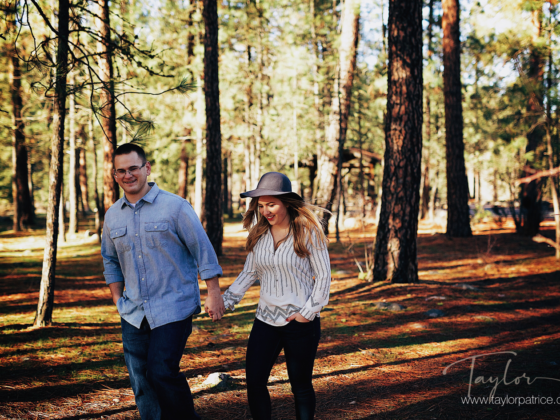
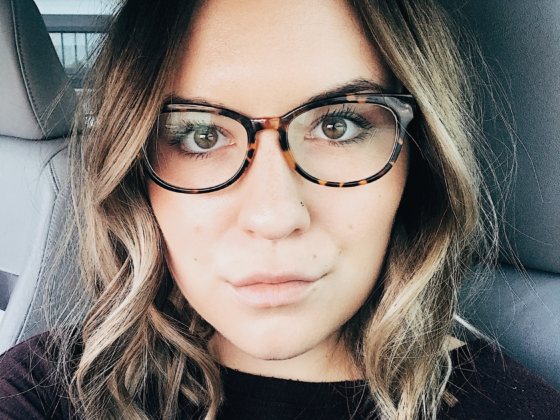
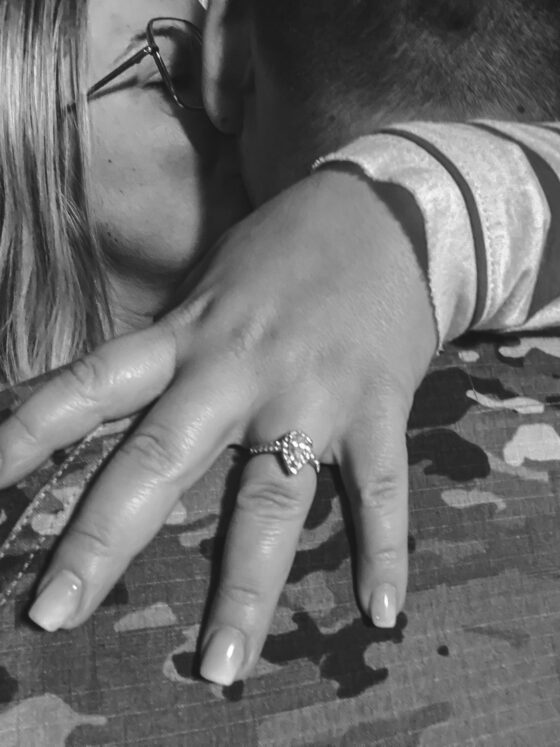
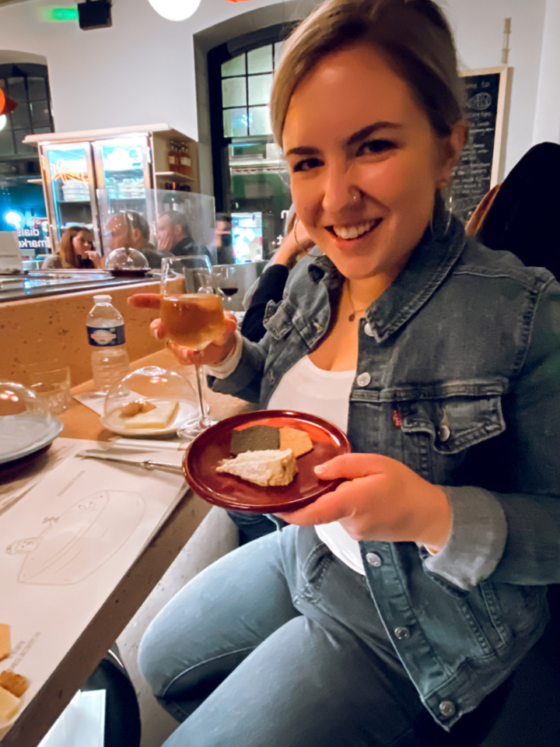


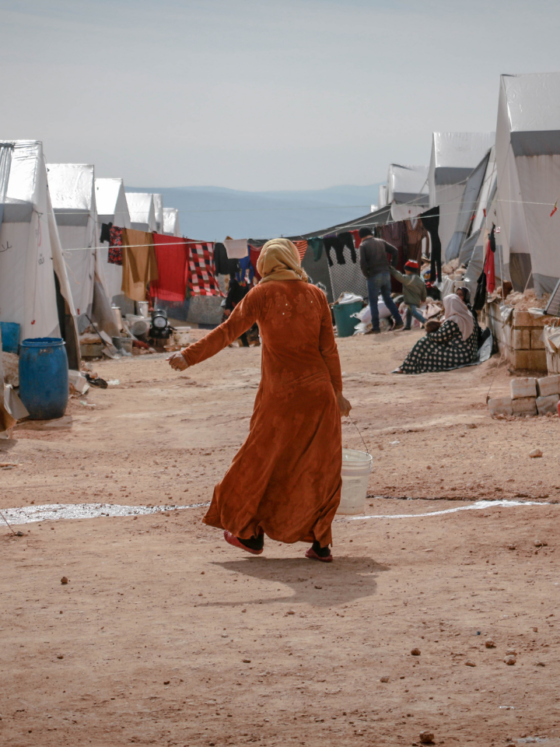

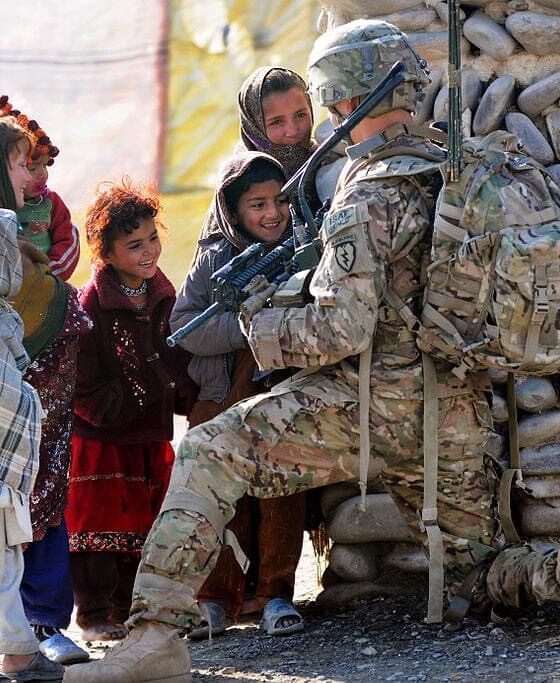

2 comments
Love this. I think it is so very sad that self-doubt is so prevalent in our society. It certainly isn’t new but you handle it beautifully. As for cell phones…I can’t imagine how challenging this must be to educators. It certainly is for parents/grandparents.
Thanks for the read and kind compliment!
Comments are closed.